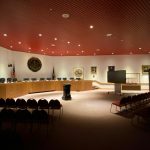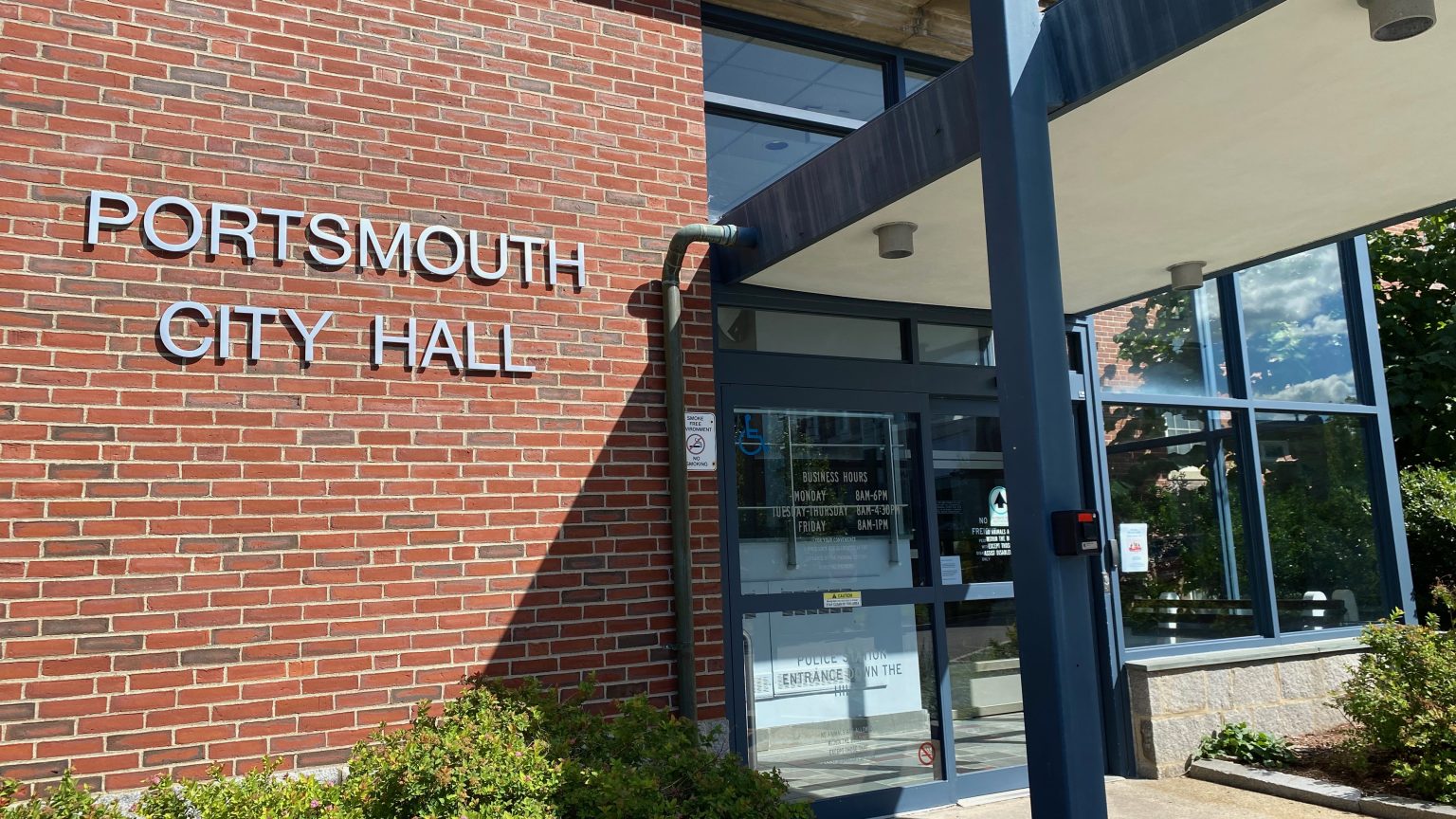By Editorial Board et al
The last category in our series on criteria for electing City Council candidates is transparency. This may be the least controversial topic – presumably everyone in a democratic society would agree that transparency is essential for good government. We would certainly expect experienced politicians to be aware of the importance of this key element of our democratic institutions.
The reality in Portsmouth, however, is that transparency has been diminished, even snubbed, by our current City Councilors.
Let’s be transparent about transparency
Before we discuss their actions, we would like to share some thoughts on transparency from a statement from the National League of Cities, which we found on the website for the New Hampshire Municipal Association:
“Transparency promotes accountability and provides an opportunity for residents to be better informed about what is going on in their communities. A better-informed constituency helps create a better dialogue between residents and government officials and results in better policy decisions. Transparency is also a time saver – having an existing method of being able to push information out means governments spend less time on public disclosure. It’s also a time saver in terms of public knowledge and discussion.” (See https://www.nhmunicipal.org/town-city-article/national-league-cities-why-transparency-good-or-bad-governments)
The benefits of a government that prioritizes transparency are many. Residents are better informed. They have a healthier dialogue with their leaders, and this produces better policies – for the residents. Information is more readily available, and this makes public discourse more effective.
If a government has as its primary interest the welfare of its citizens, transparency ought to be among its greatest considerations. If a government demonstrates that transparency is low on its list of priorities, we wonder what such a government might have as its chief concerns.
Just the facts, ma’am
Here are the facts. This City Council has had 64 non-public meetings – that we know about. Their purpose has not been clear. We quote Paige Trace, who said the following at an October City Council meeting:
“You had a non-public meeting, another one, on collective bargaining, and yet you used RSA-91A-3A2, which is actually the RSA that pertains to you requesting legal advice about a legal matter, so I can only assume it was collective bargaining and a legal matter.”
The Council invoked a right-to-know clause without real distinction and explanation about the meeting’s actual purpose. Thus, the public lacks real knowledge about what is going on.
This process and the number of non-public meetings can only create the impression of a lack of transparency.
When city council members are sworn in, they are under an obligation to operate within their positions to be in service to the taxpayers. If they knowingly meet at places outside the jurisdiction of city hall, and have the number of members for a quorum, any discussions they have should be disclosed to the public.
A very non-public meeting
Back in May, several Council members met outside City Hall (at the State Street Saloon, to be precise). Those present included Andrew Bagley, Kate Cook, Josh Denton, Vince Lombardi, John Tabor and Rich Blaylock. Since at least 5 Councilors were there, they constituted a quorum. No announcement was made, and no minutes have been published.
Did they know better? Yes! John Tabor is no newcomer to the City Council. Josh Denton has also served on the Council before – and he’s an attorney.
If transparency is clearly in the best interests of residents, and Councilors seem to scoff at transparency, whose interests, then, are being served?
Only a fly on the wall at the State Street Saloon would know.










